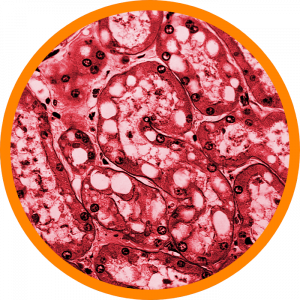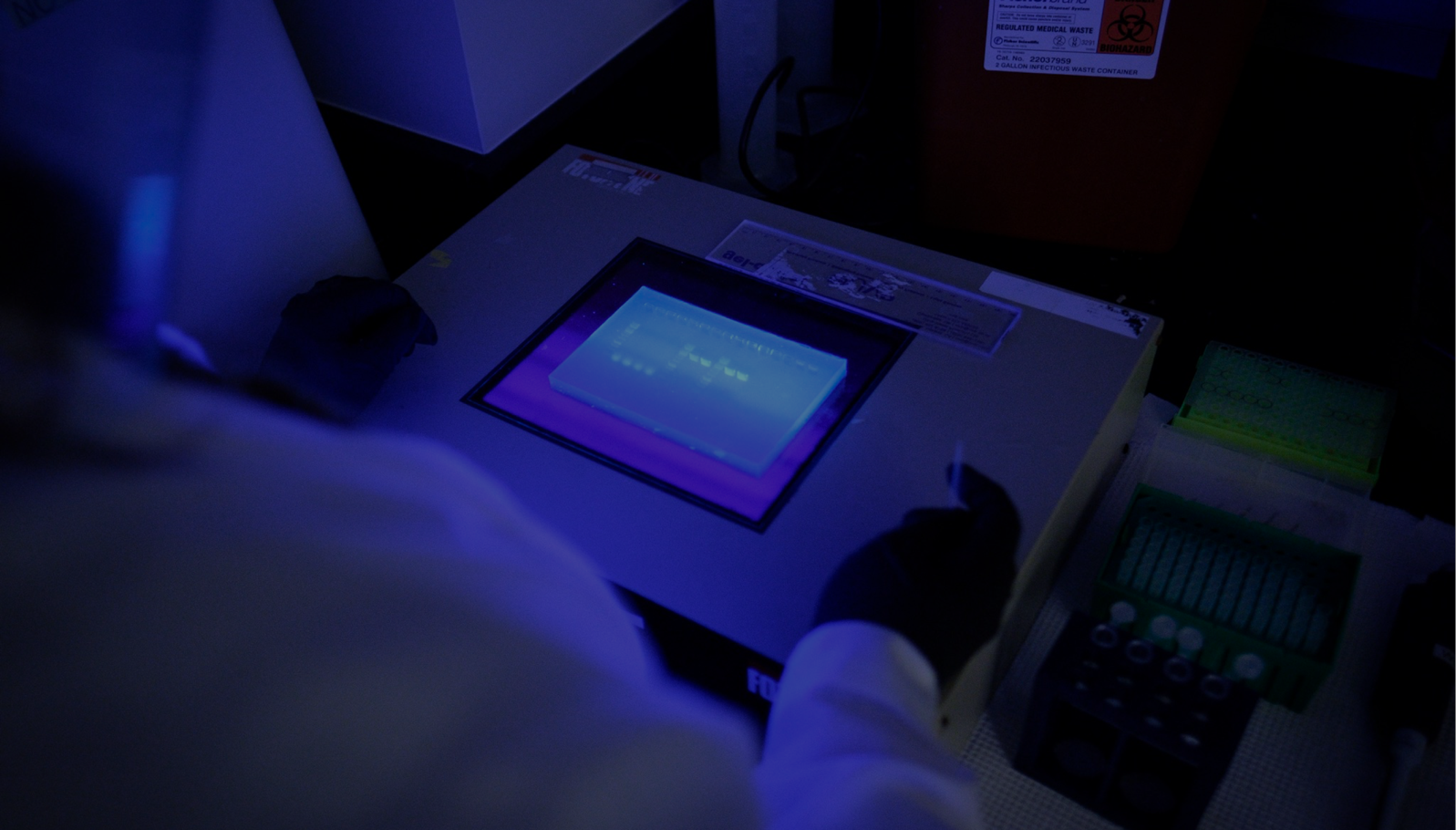Overview

Cholera is caused by ingestion of food or water contaminated with the bacterium Vibrio cholerae. Cholera is an extremely virulent disease that can cause severe acute watery diarrhea. Untreated, it can kill within hours.
Cholera remains a global threat to public health and an indicator of inequity and lack of social development. Researchers have estimated that every year, there are roughly 1.3 to 4.0 million cases, and 21 000 to 143 000 deaths worldwide due to cholera.
The image is a photomicrograph of a kidney tissue sample, which had been extracted from a patient with an acute case of cholera. Histopathologic findings exhibited here, pointed to a condition known as hypokalemic nephropathy, and was highlighted by a the presence of a vacuolization, and swelling of the nephron tubule epithelial lining.
Source: WHO - https://www.who.int/news-room/fact-sheets/detail/cholera
OUR FOCUS
CERID’s researchers are studying the relationship between the human gut Microbiome and susceptibility to Vibrio cholerae infection as well as responses to oral cholera vaccines.
Associated labs



